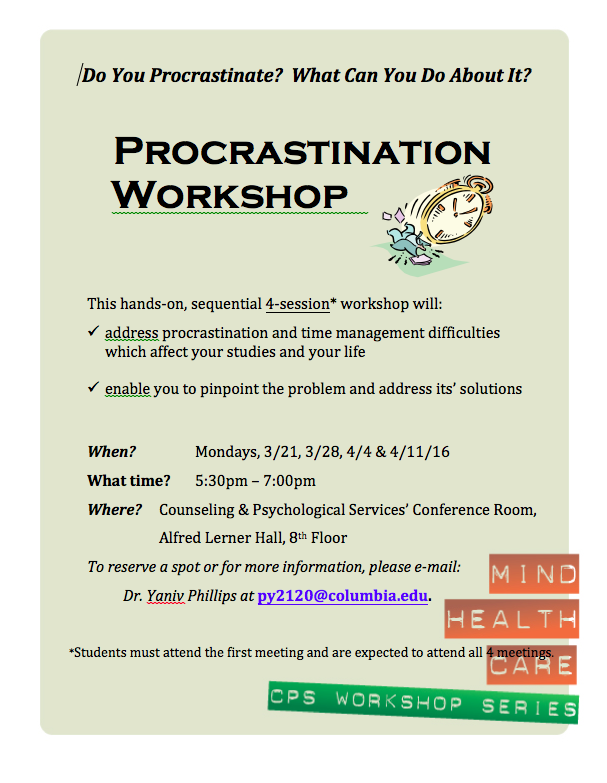Dear Students,
Today, as Columbia’s annual Sexual Respect and Community Citizenship Initiative begins, all new students (FT M.S., M.A., 1st year SEAS, 1st year PT, Knight Bagehots) are required (and all students are encouraged) to reflect on the link between sexual respect and membership in the Columbia community. Workshops, documentary filmscreenings and discussion, multiple online options, resources for healing and resilience, and independent projects are all ready for your engagement. *This is in addition to the pre-arrival tutorial and the orientation presentations.
How to Participate
Everyone is invited and strongly encouraged to choose as many options as you would like. If you are new toColumbia, or new to your school at Columbia, you must complete at least one option.
https://sexualrespect.columbia.edu/participate
Events Held at the Journalism School
Although you can choose any of the options above, you can also fulfill the requirement by attending one of three sessions to be held at the Journalism School just for Journalism students. The first is this Thursday, 9/22, at 6 p.m., in 601B – RSVP here.
https://sexualrespect.columbia.edu/sri-options-journalism
Sexual respect at Columbia is a commitment to acting with integrity and respect for others, and is a responsibility to do what we can, individually and collectively, to reinforce an ethic of care and mutual respect in our community, even amidst our differences. It is also the unequivocal refusal to tolerate sexual harassment, sexual assault and other forms of gender-based misconduct.
Here’s why you should care: Most basically, we are in a community together and the way we treat each other matters. But also, data coming directly from Columbia students via a major survey shows that many of you report being sexually harassed by your peers. Some have also reported nonconsensual sexual contact by another Columbiastudent, often (though not always) after having been drinking together.
Not surprisingly, this harassment and contact can interfere profoundly with academic success, student organizations and teams, and everyone’s well-being.
So, as we start this academic year, we can reshape our community and the ways we treat each other. The Sexual Respect Initiative, created for you by students along with faculty and administrators, gives you a ready path to gain skills and knowledge – and to contribute to making a difference.
But, you might say, I already treat my friends with respect – why should I do this too? The answer is in the title – it is the Sexual Respect AND Community Citizenship Initiative.
How many of us can say we don’t know anyone who has been harassed or subjected to dating violence or assault, or can say we don’t know anyone who may have crossed the line of harassment or other gender-based misconduct? And, importantly, how many of us feel equipped enough to step in or get help for a friend, even in our own community?
Simply put, the Sexual Respect Initiative is about understanding and responding to the links among us and doing what we can to create change, not just in this moment but throughout the year and beyond.
Participation by students new to Columbia or new to their department/school at Columbia is a required condition of continued enrollment. You must select at least one option before October 30.
Confirm Your Participation
- Visit http://courseworks.columbia.edu and log in with your UNI and password.
- Select My Projects on the left column.
- Select 2016-17 Sexual Respect and Community Citizenship Initiative.
- Follow the instructions for each option.
- Once complete, you will get a confirmation and evaluation email.

